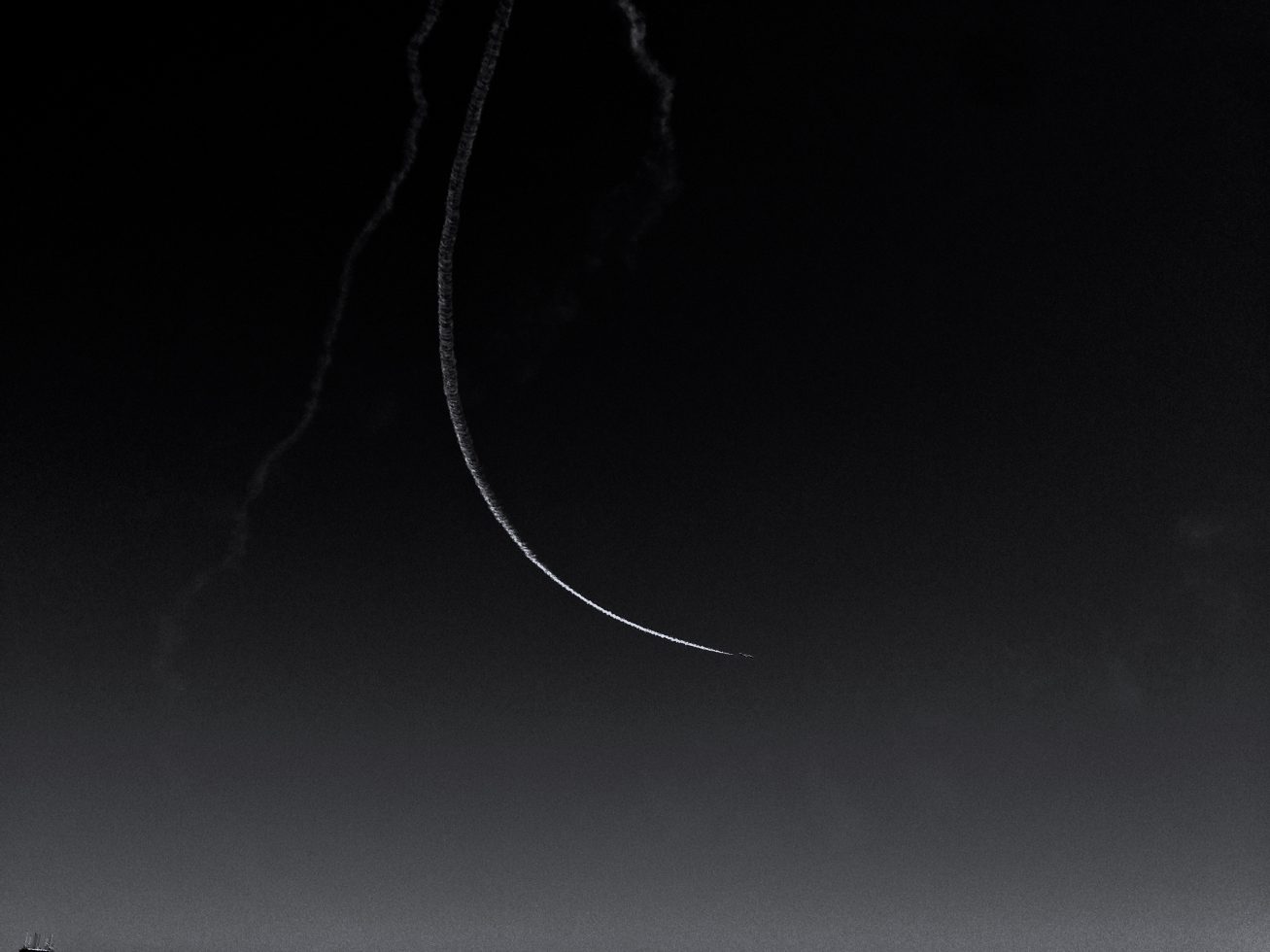
The immense and costly apparatus of (*fill in the blank here) has become a liability, ill-suited to the COVID-19 age
I am reading a great piece on Vulture by J
“The “foreseeable future” is a contradiction in terms, and among the infinity of things nobody knows is when we’ll be able to attend a live performance… The immense and costly apparatus of culture — theaters, opera houses, and orchestra halls — have become a liability, ill-suited to the COVID-19 age“

The mantra of the next few years must be smaller, quicker, cheaper (via Vulture.com)
“If culture is to thrive, even amid deprivation, it will have to nurture new forms of invention in different kinds of space. The theatrical requirements of the next phase — tiny casts, restricted audiences, simple sets, and plenty of space — will be intensified by a scarcity of money. Flexibility is precious. Instead of clinging to long-range plans, then scuttling them one at a time, organizations need productions that can be rustled together more or less on the fly. The mantra of the next few years must be smaller, quicker, cheaper”
This last sentence pretty much nails it: if conference and event speakers want to thrive in the future, it’s all about becoming smaller, quicker and cheaper (but hey… hopefully not too much!). Read more here

Keynote speaking: smaller, quicker (cheaper)?
I think big events and big keynotes will come back… but it may take a long time, and it may no longer be truly viable in many different ways (think about the impact of health regulations, airline travel restrictions, carbon taxes, de-globalisation etc). You could argue, as the ancient saying goes, ‘Mend the nets when there are no fish‘ which I am doing as well, but among many other things, this is what I am working on in terms of pivoting (let me know if you have any other suggestions:))
- Becoming an expert in Virtual keynotes and
- Digital conferences
- Figure out new visual formats for presenting online (PPTs and slides don’t really work here)
- Film-making, hosting / anchoring TV shows and podcasts
